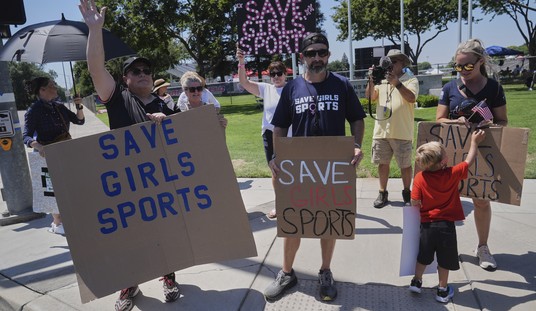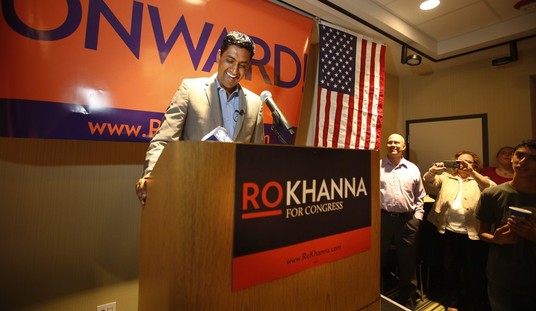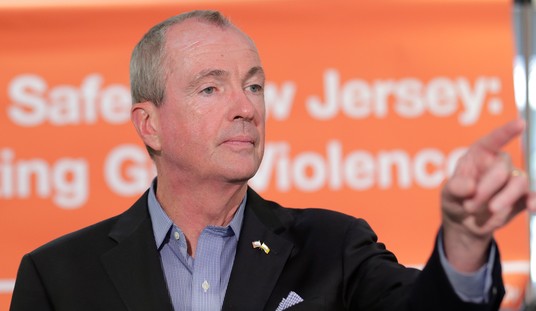On Thursday I asked that President Obama no longer consider me for the job of secretary of state. I made this decision because it is the right step for this country I love. I have never shied away from a fight for a cause I believe in. But, as it became clear that my potential nomination would spark an enduring partisan battle, I concluded that it would be wrong to allow this debate to continue distracting from urgent national priorities — creating jobs, growing our economy, addressing our deficit, reforming our immigration system and protecting our national security…
When discussing Benghazi, I relied on fully cleared, unclassified points provided by the intelligence community, which encapsulated their best current assessment. These unclassified points were consistent with the classified assessments I received as a senior policymaker. It would have been irresponsible for me to substitute any personal judgment for our government’s and wrong to reveal classified material. I made clear in each interview that the information I was providing was preliminary and that ongoing investigations would give us definitive answers. I have tremendous appreciation for our intelligence professionals, who work hard to provide their best assessments based on the information available. Long experience shows that our first accounts of terrorist attacks and other tragedies often evolve over time. The intelligence community did its job in good faith. And so did I.
I have never sought in any way, shape or form to mislead the American people.
It was a classic Washington exit: stealthy and swift, with few fingerprints. President Obama didn’t want to be seen as backing down. So Susan Rice — one of his most devoted aides since 2007 — gave him the way out, seemingly all on her own…
The underlying reality is this: The president is almost certainly furious about this turn of events — which represents the first major defeat he’s suffered since his reelection — but he’s a savvy enough politician to know how to back off without seeming to back down.
It worked through attrition. After Sen. Susan Collins asked for a meeting with Rice, Democrats expected the ambassador to smooth things over. Collins exited the meeting, found a cluster of microphones, and said that she couldn’t “currently support” Rice, even though — gosh darn it — she really did like her when she was nominated to the U.N. post. That worried Democrats, and made them think that a Rice nomination would be become a distracting, political capital-sucking mess. A White House source asked me to consider a six-week circus in January and February — when there might already be a circus tent being pitched under the debt ceiling.
At a Univision forum during the campaign, President Obama got challenged on his failure to move a “comprehensive” immigration bill during the first year of his first term. He said a lesson of his term had been that “you can’t change Washington from the inside.” What he meant (he’d said it before) was that aggressive public campaigns needed to complement whatever the party in power wanted to do, because without that, it would fade or be pilloried and dismissed.
There was no aggressive public campaign to save Rice.
Though the discussion appears to be moot now that Susan Rice has apparently withdrawn her name from consideration to be secretary of state, I agree with Max that the criticism of Rice’s undiplomatic style would seem to be complements when coming from conservatives. But I fear an important point is being lost: this criticism was not coming from the right, by and large. The attacks on Rice’s disposition have been driven by the left. Indeed, what is remarkable about the controversy over Rice is how thoroughly the left took command of it–and greatly expanded the effort to prevent her nomination.
As I wrote a couple of weeks ago, Republicans on the Hill had basically limited their critique of Rice to her misleading statements following the Benghazi attack. Liberals, on the other hand, made it personal. Dana Milbank suggested Rice had an attitude problem. Maureen Dowd said Rice was too ambitious and unprincipled for her own good–or the country’s. Yesterday at the Daily Beast, Lloyd Grove launched a bizarre attack on Rice that accused her of having a personality disorder. The left has also been driving the less personal attacks as well. Howard French said Rice’s Africa legacy is the further empowerment of dictators. Human Rights Watch’s Tom Malinowski knocked Rice for essentially enabling atrocities in Congo.
Meanwhile, it should not go unnoticed that Hillary Clinton made her opposition to Rice clear to officials in Washington, which may explain the avalanche of leaks and criticism and personal sniping that came from the left as soon as the battle commenced.
[W]hy did Obama blink? The reason can only be fear. Next week, Hillary Clinton is supposed to testify before Congress about Libya. There are some indications Clinton may now back out, or resort to insisting on a closed session hidden from the public. Whatever the result, President Obama clearly does not want to give Congress any more high-profile chances to ask someone under oath what happened in the hours and days after Stevens was killed. Rice was at ground zero of the real scandal: not in Benghazi, where the attack occurred; but in Washington, where the cover-up was planned and executed.
Furthermore, Obama probably thought that sacrificing Rice, who still keeps her job as UN ambassador, would assuage some congressional critics and distract from a pending report on what happened in Benghazi. Most importantly, it eliminates the troubling possibility of a Rice confirmation hearing. That likely still would have led to a confirmation victory for Obama—but a pyrrhic one given the ability of most Americans to sniff out a liar.
This was certainly a political confrontation, and Obama backed down. But that doesn’t mean, necessarily, that he lost or that McCain won—at least not on any issue beyond whether Susan Rice will be nominated as secretary of state, something Obama hadn’t yet done in any event. It doesn’t necessarily tilt the outcome of any conflict to come.
Rice’s withdrawal might even work to Obama’s favor, in the end, if he goes ahead and nominates his presumed second-favorite candidate for the job—Sen. John Kerry. I’ve written (and I’m far from alone in this view) that Kerry was always the better choice. As longtime chairman of the Foreign Relations Committee, he has a thorough grasp of all the issues on the agenda; he served as Obama’s de facto envoy to Afghanistan and Pakistan, cleaning up some of that region’s messier political disputes; he navigated Obama’s New START nuclear arms-reduction treaty to ratification by a resistant Senate; and, not least, he is largely responsible for Obama’s political rise, picking him to be keynote speaker at the 2004 Democratic convention when he was a mere Illinois state senator. Clearly Kerry wants this job; surely he deserves it.
https://twitter.com/JeffreyGoldberg/status/279387440609894400
U.N. Ambassador Susan Rice said Thursday that she did not regret her Sunday talk show appearances in the immediate aftermath of the Benghazi terrorist attack, while acknowledging that the surrounding controversy forced her to withdraw from consideration for appointment as secretary of State.
“I don’t regret doing it,” Rice said during an interview with NBC News. “When you’re a diplomat and a public official and a tragedy happens and it related to the work we do, it’s our obligation to explain it as best we can to the American people.”
Visit NBCNews.com for breaking news, world news, and news about the economy
Click the image to watch.
Via the Daily Caller.









Join the conversation as a VIP Member